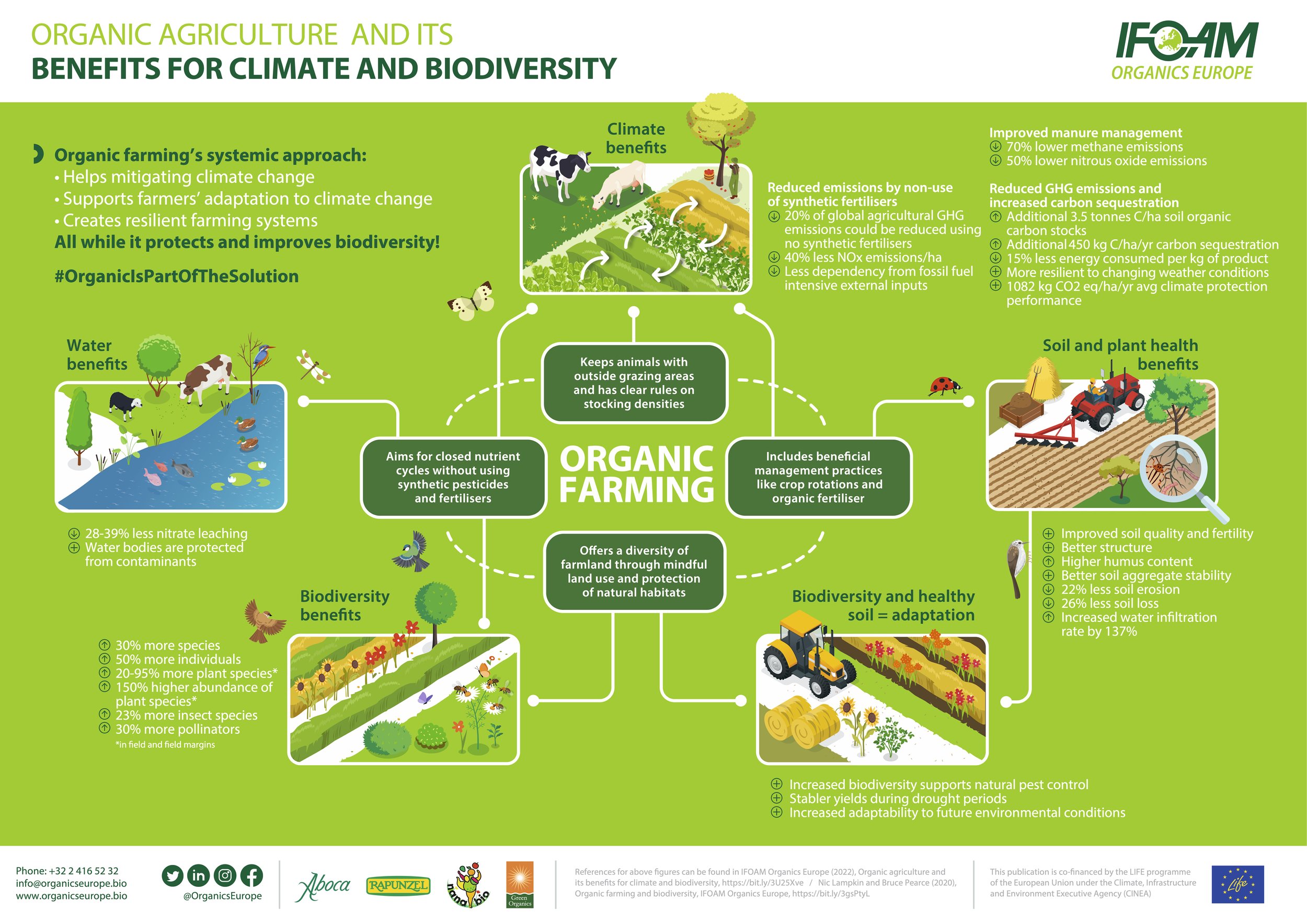Helping Nature and People Thrive - Exploring a Biodiversity Credit System
The Government is exploring whether a biodiversity credit system could help to incentivise the protection and restoration of native wildlife in Aotearoa New Zealand.
A biodiversity credit system would help to conserve habitats and species by enabling landowners, who protect and restore native wildlife to earn credits for their actions.
Harnessing Biodiversity Credits for People and Planet
At OANZ, we believe that by enhancing biodiversity, especially on farms, we can create more resilient food systems that are better equipped to handle the various challenges posed by environmental changes, economic pressures, and growing global food demand. A diverse range of species provides a buffer against pests and diseases, reducing the risk of crop failure. Additionally, genetic diversity within crops can offer resilience against changing environmental conditions. For example, certain traditional varieties of crops may be more drought-resistant or pest-resistant, providing an insurance policy against environmental uncertainties. Organic farming serves as a bridge between biodiversity conservation and food resilience, offering a holistic approach to sustainable agriculture. By promoting organic farming practices that enhance biodiversity, we build more resilient food systems capable of withstanding the challenges of the 21st century.
The potential establishment of a Biodiversity Credit System in New Zealand could have far-reaching implications for conservation efforts and farming.
Enhancing Conservation Efforts
A BCS would provide a structured framework for incentivizing conservation efforts. It would encourage landowners and stakeholders to adopt practices that positively impact biodiversity.
Economic Incentives
A BCS would create a marketplace for biodiversity credits, providing economic incentives for conservation and organic & regenerative agriculture. This aligns well with the principles of organic farming, which also aim for economic sustainability alongside environmental conservation. It could also offer the opportunity for New Zealand policy to support the cost of transition to organic regenerative farming through a valuable new financial instrument while simultaneously reducing the cost of meeting international climate change agreements - estimated at over $24 billion by 2030.
Increased Sustainable Farming
By providing economic incentives for biodiversity conservation, a BCS would also promote sustainable, regenerative farming practices. Organic farming, which already focuses on sustainability, would be further encouraged, thereby contributing to a more sustainable agricultural sector.
Increased Food Security
A BCS could contribute to increased food security by encouraging sustainable land regenerative management practices that enhance soil health and productivity. Organic and regenerative farming practices positively impact soil health, which is crucial for long-term food security.
Measurable Impact
A well-designed BCS would include metrics and indicators to measure the impact of conservation efforts, thereby ensuring accountability and effectiveness.
Stakeholder Engagement
A BCS would allow for broader stakeholder engagement, including whenua Maori, by providing a structured system for participation.
Alignment with Global Goals
New Zealand's unique biodiversity is of global significance. A BCS would align with international conservation goals and contribute to global biodiversity targets. Based on the available evidence and the potential for organic farming to contribute to biodiversity, OANZ has strong support for he implementation of a BCS in New Zealand. Organic farming practices can play a significant role in enhancing biodiversity and should be integrated into the BCS.
However, OANZ believes that a move to a BCS, needs to be part of a comprehensive biodiversity policy suite as there are known limitations to BCS’s such as that occurring in NSW where MPs have previously called for an overhaul of the scheme. A diverse policy toolkit can adapt to changing environmental conditions, threats, and scientific understandings. It can address unforeseen challenges that might not be effectively managed by a BCS alone.


